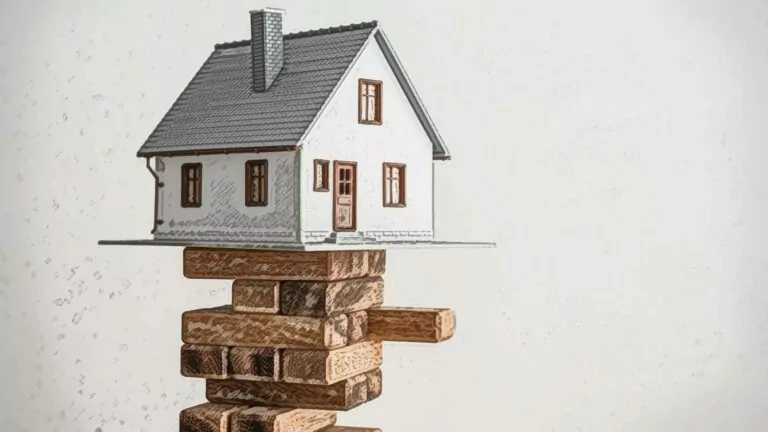Increased spending and costs are catching up with Canadian households, according to the latest figures from the credit agency Equifax Canada.
Mortgage debt makes up a whopping three quarters (74.4%) of total consumer debt, even though the number of new mortgages hit an all-time low in the first quarter of 2024. More than a third (37.1%) of consumers extended their mortgage amortization as the effects of increased mortgage rates began to take hold.
Particularly troubling is the increase in delinquencies, i.e. missed payments. In Ontario, the balance of mortgages in “severe delinquency” – 90 or more days without payment – increased to over $1 billion, or twice the level of severe delinquency before Covid. Rebecca Oakes, VP of Advanced Analytics at Equifax Canada, explained that “mortgage stress testing,” introduced back in 2016, helped prevent even more delinquencies. This “test” gauged whether or not a borrower would still be able to handle their mortgage payments if rates were to take an unfortunate bounce upward.
“[It] has helped to mitigate against the full effect of sustained high interest rates, but we still saw more than 34,000 consumers missing a payment on their mortgage in Q1, which is up 22.7 per cent compared to 12 months ago.”
In recent years our federal government has led the charge in running massive debts, with many provincial governments following suit. Although political parties used to campaign on the promise of balanced budgets, Canadians have rewarded parties who promise increased spending and large deficits. And especially since 2020, Canadians have followed their example, racking up massive debt from both home purchases and other big expenses.
A few thousand years ago, a wise teacher taught us that “the borrower is a slave of the lender” (Proverbs 22:7). Our government acts as if it is possible to incur debt and not pay for it, but we mustn’t let their example mislead us. Solomon’s ancient warning remains every bit as relevant to today, so take on debt with great caution!











